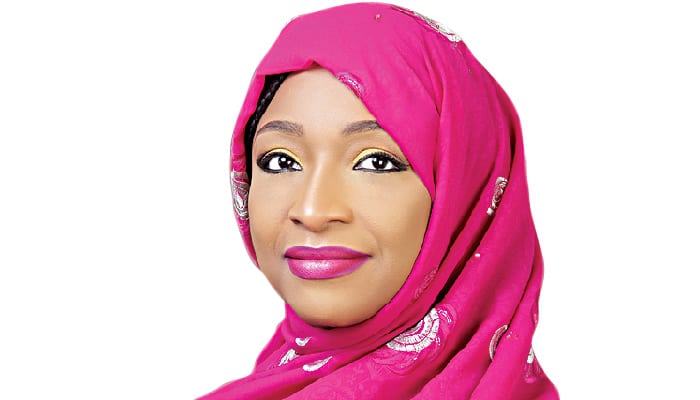On Thursday, President Bola Tinubu finally submitted the long-awaited list of ministerial nominees to the Nigerian Senate.
The list comprises 28 individuals nominated for various ministerial positions.
Out of the 28 nominees, seven are women. These women are Hannatu Musawa, Betta Edu, Doris Aniche Uzoka, Nkiru Onyeojiocha, Stella Okotete, Uju Kennedy Ohaneye, and Iman Suleiman Ibrahim.
While it is commendable to see women being represented, the proportion of women on the ministerial list falls short of the recommended 35% threshold provided by the constitution.
During his inauguration speech after being sworn in as President, Tinubu had promised to prominently feature women and youth in his ministerial cabinet.
The party's manifesto, "Renewed Hope 2023: Action Plan for a Better Nigeria," also emphasizes the importance of gender representation in government and the private sector.
Let's briefly profile the seven women who made it to the ministerial list:
Hanatu Musawa:
A former deputy spokesperson of the All Progressives Congress Presidential Campaign Council, she holds degrees in law, marine affairs, and oil and gas law. She has extensive experience both in Nigeria and the UK.

Beta Edu:
A medical doctor by profession, she served as the immediate past Commissioner for Health in Cross River State. She was also elected as the National Women Leader of the All Progressives Congress.

Hon Nkiru Onyejeocha:
With a degree from the University of Nigeria, Nsukka, she served as a member of the House of Representatives, representing her constituency multiple times.

Stella Okotete:
After graduating from Benson Idahosa University, she served as the Executive Director (Business Development) at the Nigeria Export and Import Bank. She also held positions in the Delta State government.

Uju Kennedy-Ohanenye:
She was the only female presidential candidate for the All Progressives Congress but later withdrew to support President Bola Tinubu. She is a legal practitioner and businesswoman.

Iman Suleiman Ibrahim:
Educated at the University of Abuja, she was the director-general of the National Agency for the Prohibition of Trafficking in Persons (NAPTIP) and later became the Honourable Federal Commissioner of the National Commission for Refugees, Migrants, and Internally Displaced Persons.

Doris Aniche Uzoka:
Currently serving as the Imo State Commissioner for Finance, she has a strong background in the finance sector and has been associated with Lagos in both political and professional aspects.
Overall, though the representation of women on the list is a positive step, there is room for improvement to meet the goal of better gender diversity in government positions.




















